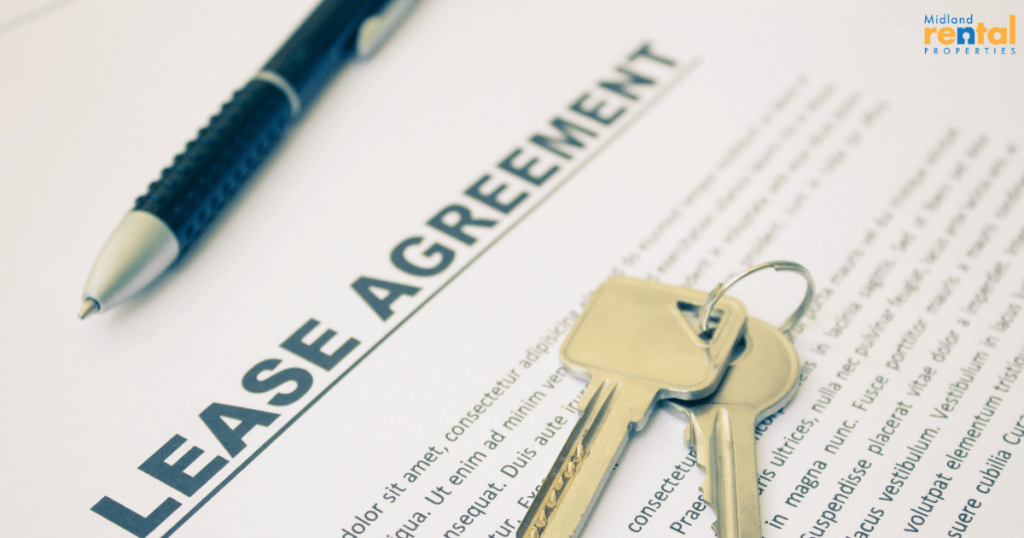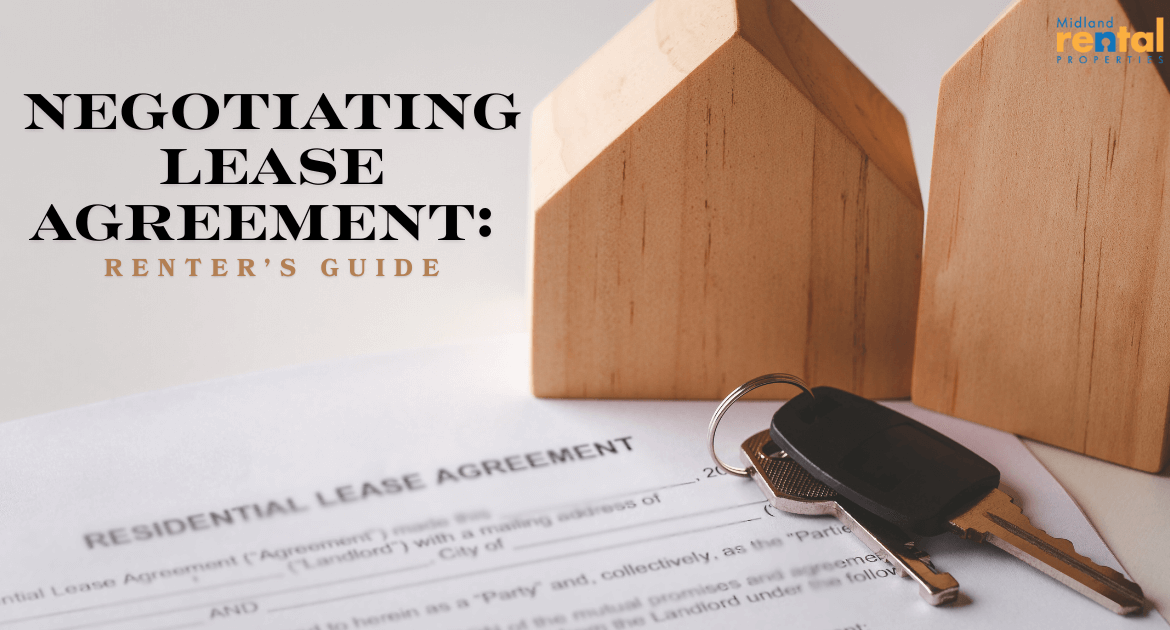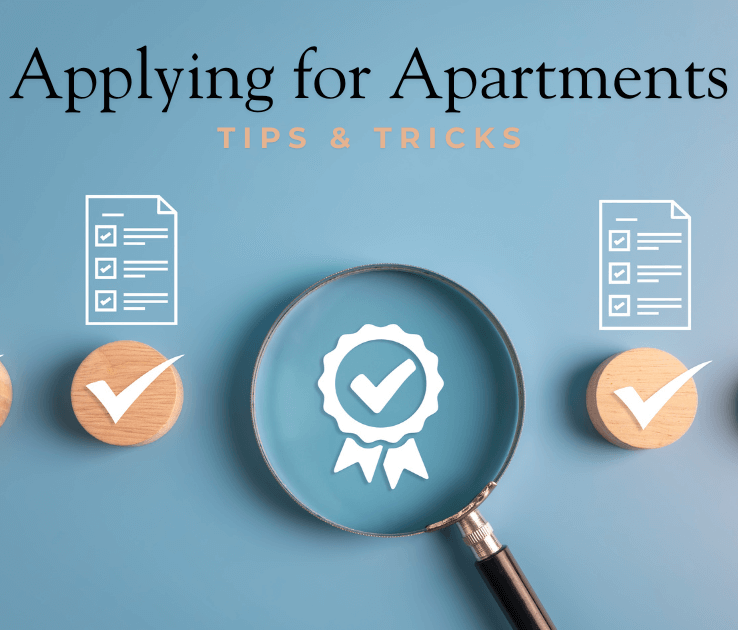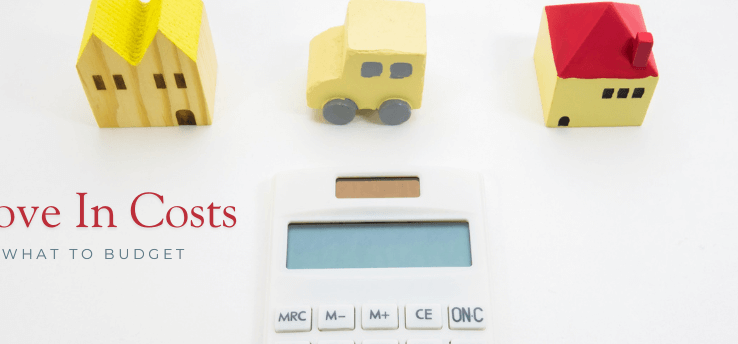Negotiating lease agreement terms might sound intimidating, but it’s one of the smartest steps you can take as a renter. From securing a lower monthly rent to clarifying who covers repair costs, the lease agreement you sign today will directly impact your budget and quality of life tomorrow.
Quick Stat: Studies show that most renters never try to negotiate their lease—but those who do often save $200–$400 per year on average.
The good news? Landlords often expect renters to negotiate. With the right approach, you can turn a standard lease into a contract that works better for both sides.
- Quick Steps to Negotiate Your Lease (At a Glance)
- Why Negotiating Your Lease Is Essential
- Step-by-Step Guide to Negotiating a Lease
- Real-Life Case Study
- Tenant Rights and Negotiation
- Checklist: Before You Sign the Lease
- How Much Can You Negotiate on Rent?
- Pro Tips for Negotiating With Landlords
- Common Mistakes Renters Make
- Frequently Asked Questions About Lease Negotiation
- Final Thoughts
Quick Steps to Negotiate Your Lease (At a Glance)
- Research local rental prices.
- Pick the right time to negotiate.
- Ask for lower rent or longer terms.
- Clarify who handles repairs.
- Watch for hidden fees.
- Get everything in writing.
Ready to find a place where negotiating your lease feels easier? Browse properties with RentMid now.
Why Negotiating Your Lease Is Essential
A lease isn’t just paperwork—it’s a legally binding agreement. Once signed, you’re committed to those terms, so negotiating upfront can:
- Save you money by reducing rent or securing rent freezes.
- Prevent hidden costs by clarifying fees, utilities, and responsibilities.
- Provide flexibility with custom lease lengths or early termination clauses.
- Improve living conditions with negotiated upgrades or perks.
Whether you’re renting in a busy city, a small town, or anywhere in between, knowing how to negotiate a lease can put you in control.

Step-by-Step Guide to Negotiating a Lease
1. Research the Rental Market Thoroughly
Before talking numbers, know the facts:
- Compare rent prices in your neighborhood on Zillow, RentCafe, or Apartments.com.
- Check vacancy rates—empty units give you leverage.
- Track seasonal trends—rents are often more negotiable in winter.
Pro Tip: If similar properties rent for $1,200 but your landlord asks $1,350, bring listings as proof.
2. Pick the Right Time to Negotiate
- Before signing: The best time to adjust terms.
- Lease renewal: Great tenants can often negotiate rent freezes or smaller increases.
- Slow rental seasons: Landlords are more flexible when demand drops.
Renewal Script Example:
“I’ve always paid on time and been a reliable tenant. Would you consider keeping my rent the same if I commit to another year?”
3. Tackle Rent Negotiation Head-On
Wondering how to negotiate rent with a landlord? Try:
- Request a reduction: Ask for $50–$100 less per month based on market data.
- Offer longer lease terms in exchange for stability.
- Negotiate perks instead: Free parking, utilities included, or waived fees.
Example Script:
“I love this apartment and would like to sign today. I noticed similar rentals nearby are about $100 less. Could we lower the rent to $1,250 if I agree to a longer lease?”
4. Negotiate Lease Length Flexibility
| Lease Term | Landlord’s Benefit | Tenant’s Benefit |
|---|---|---|
| 6 months | Faster turnover | Flexibility |
| 12 months | Reliable tenant | Standard agreement |
| 24 months | Guaranteed income | Locked-in rent rate |
Pros of a longer lease: Lower rent, stability, fewer moves.
Cons: Less flexibility if your situation changes.
Pro Tip: Ask about adding an early termination clause (e.g., with 60 days’ notice) for extra protection.
Want more rental lease tips? Check out our First-Time Renters Guide for everything you need before signing.
5. Clarify Repairs, Responsibilities, and Fees
One of the most important rental lease tips is to outline who covers what:
- Landlord repairs: Major systems like plumbing, HVAC, electrical.
- Tenant responsibilities: Minor issues (lightbulbs, small fixes).
- Gray areas: Lawn care, pest control, appliances.
Pro Tip: Ask for a written repair timeline (e.g., emergencies fixed within 24 hours).
And don’t forget to ask about hidden fees—many renters are surprised by charges for trash collection, shared amenities, parking, or even “administrative fees.” Clarifying these up front prevents costly surprises later.
6. Negotiate for Extras and Perks
If rent won’t drop, consider:
- Free or discounted parking.
- Pet deposit waived or reduced.
- Security deposit negotiation (lowered amount or ability to pay in installments).
- Upgraded appliances or fresh paint.
- Flexible move-in dates or rent-free overlap days.
Cost Savings Example:
- $100/month rent reduction = $1,200/year saved.
- Waived $300 pet deposit = instant savings.
- Free parking ($50/month) = $600/year saved.
Sometimes perks save just as much as lowering monthly rent.
7. Put Every Agreement in Writing
- Never rely on verbal promises.
- Request revisions before signing.
- Use a signed addendum if adjustments are made later.
Real-Life Case Study
Sarah was moving into a two-bedroom apartment listed at $1,400. She researched comps and found similar rentals for $1,300. She asked her landlord for a $100 discount.
Instead of lowering rent, the landlord offered to cover water and trash ($75/month). While Sarah didn’t get the rent reduction, she still saved $900 annually—proof that negotiation doesn’t always mean a rent drop, but it can still lead to big savings.
Tenant Rights and Negotiation
As a renter, you have rights that cannot be waived—even during negotiation. Landlords are required to provide safe, habitable housing and handle major repairs. Some states also regulate rent increases and security deposits.
For more on tenant protections, check HUD’s renter rights guide or Nolo’s landlord-tenant resources.
Knowing your rights before negotiating gives you more confidence and helps prevent landlords from slipping in unfair terms.
Protect yourself as a renter—read more about what to look for in a pet-friendly rental.
Checklist: Before You Sign the Lease
✅ Compare at least 3 similar rentals.
✅ Review repair and maintenance clauses.
✅ Ask about hidden fees and utilities.
✅ Confirm renewal and early-exit terms.
✅ Get every negotiated change in writing.
How Much Can You Negotiate on Rent?
Most renters can negotiate between $50 and $200 per month, depending on market demand and comparable properties. That translates into $600–$2,400 in annual savings.
Even if landlords won’t budge on price, you can still negotiate perks like utilities, parking, or deposits that lead to big yearly savings.
Pro Tips for Negotiating With Landlords
- Be respectful and professional—it’s a collaboration, not a battle.
- Highlight your strengths as a tenant (steady income, good credit).
- Know your limits—walk away if terms don’t suit you.
- Stay professional and keep emotions out.
Common Mistakes Renters Make
- Not asking at all—missing savings opportunities.
- Forgetting to research local rent prices.
- Over-negotiating and souring the relationship.
- Accepting vague lease terms like “repairs as needed.”
- Overlooking hidden costs like admin fees, parking, or trash collection.
- Failing to clarify renewal rent increases.
Frequently Asked Questions About Lease Negotiation
1. Can you negotiate rent before moving in?
Yes—this is the best time since landlords want to fill vacancies quickly.
2. What’s the best month to negotiate a lease?
Winter months (November–February) are ideal since rental demand is lower.
3. What should I never agree to in a lease?
Avoid vague repair terms, excessive fees, or being responsible for major systems.
4. Can I negotiate an apartment lease if it’s in high demand?
Yes, but focus on perks like free parking or waived application fees instead of rent.
5. How do you politely negotiate rent?
- Research local prices.
- Be respectful and professional.
- Offer something in return (longer lease, upfront payment).
- Get it in writing.
Final Thoughts
Knowing how to negotiate your lease agreement can save money, secure better terms, and reduce stress. Whether you’re negotiating rent, clarifying repair responsibilities, or asking for perks, remember: the goal is to create a win-win agreement.
By researching the market, timing your requests, and getting everything in writing, you’ll be well-prepared to sign a lease that protects your budget and improves your rental experience.
Looking for more renter-friendly advice? Explore our full collection of rental tips at RentMid.
Have you ever successfully negotiated your lease? Share your experience in the comments—we’d love to hear your tips!
Find your next rental home today—view RentMid properties.











1 Comment
Comments are closed.